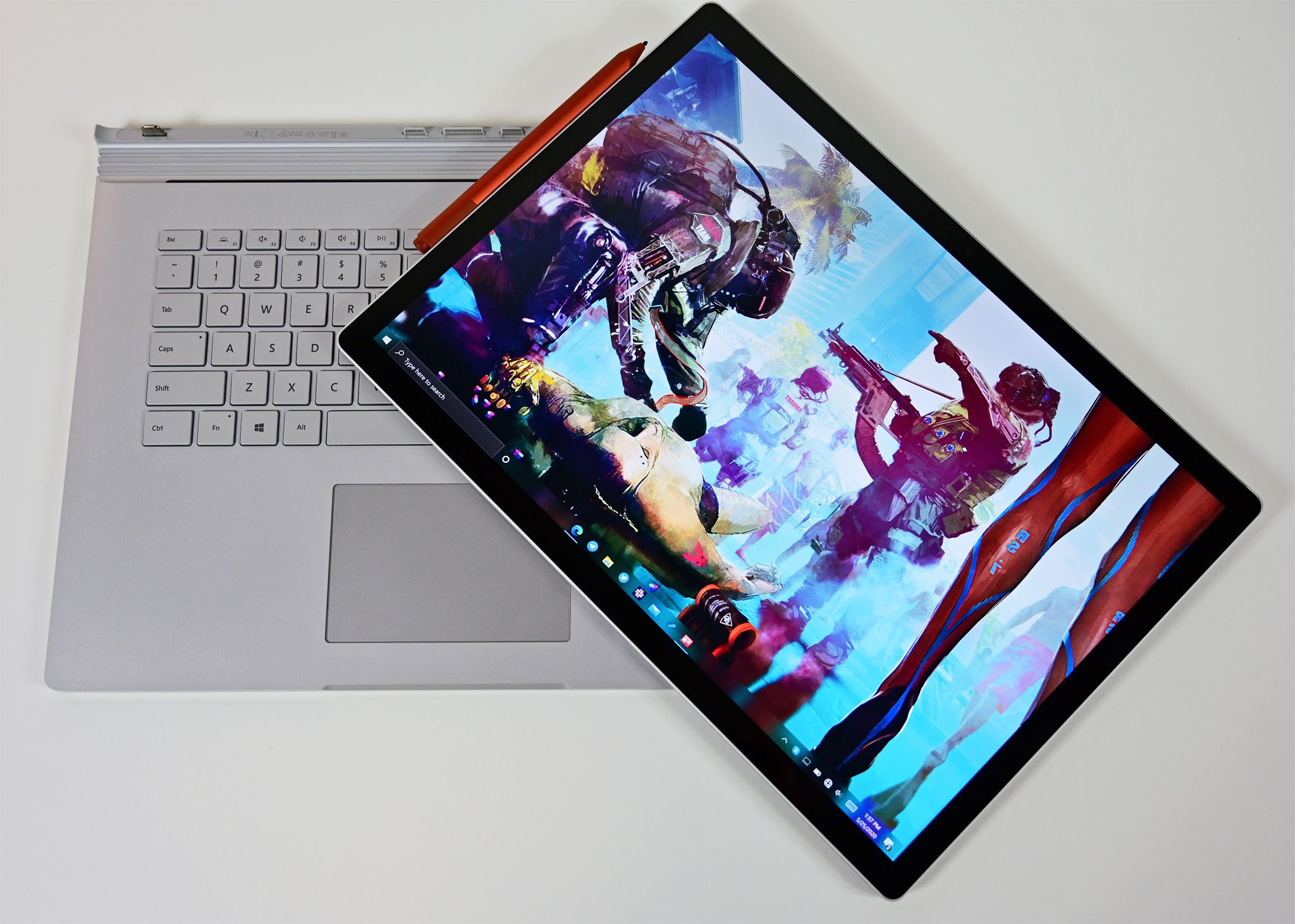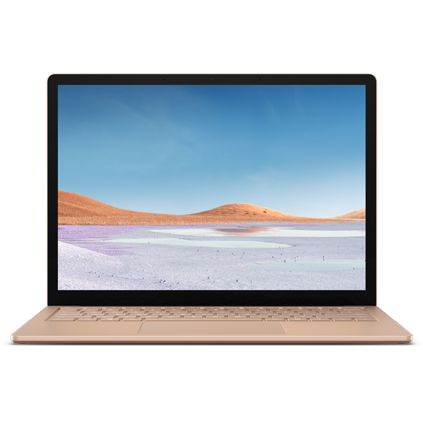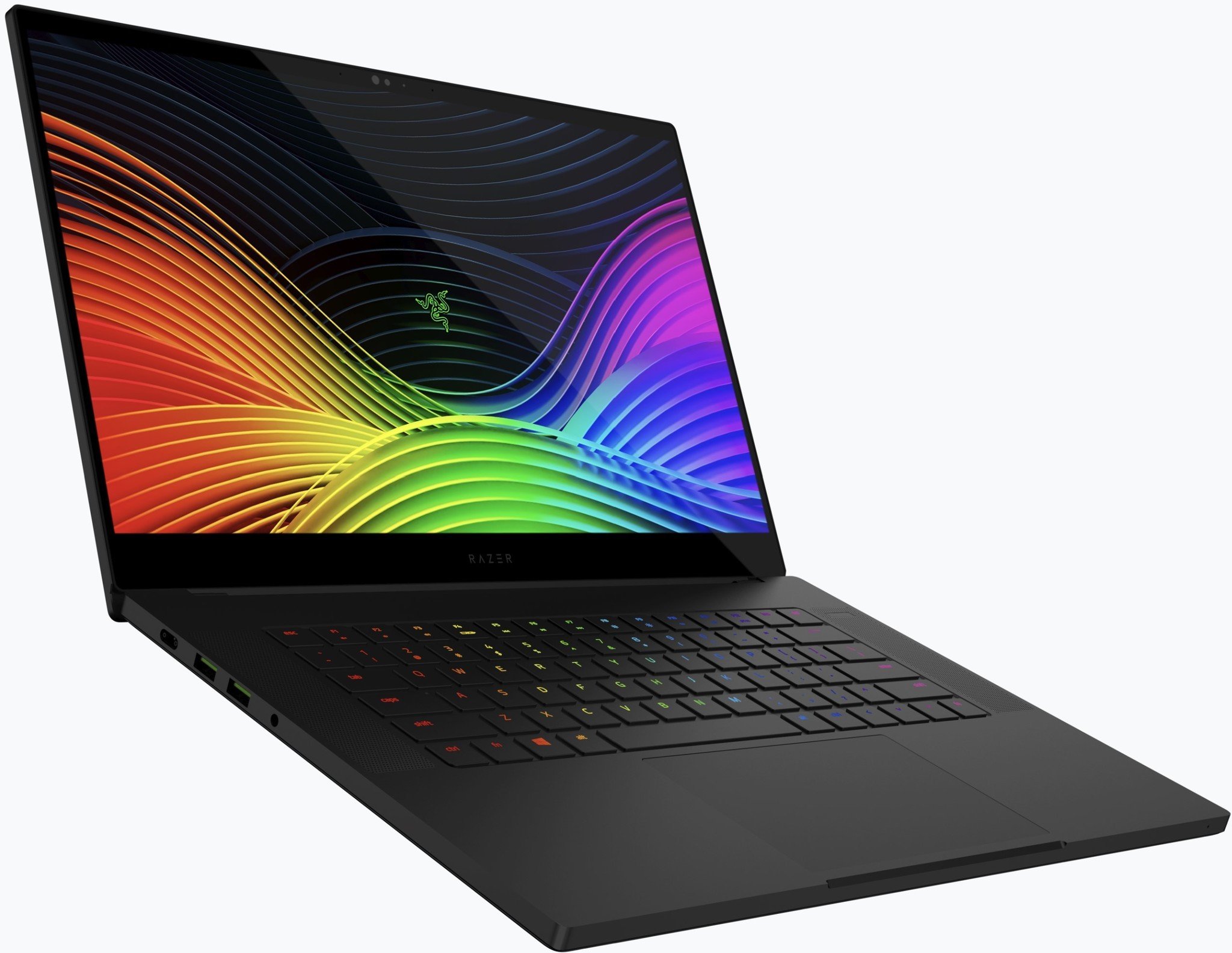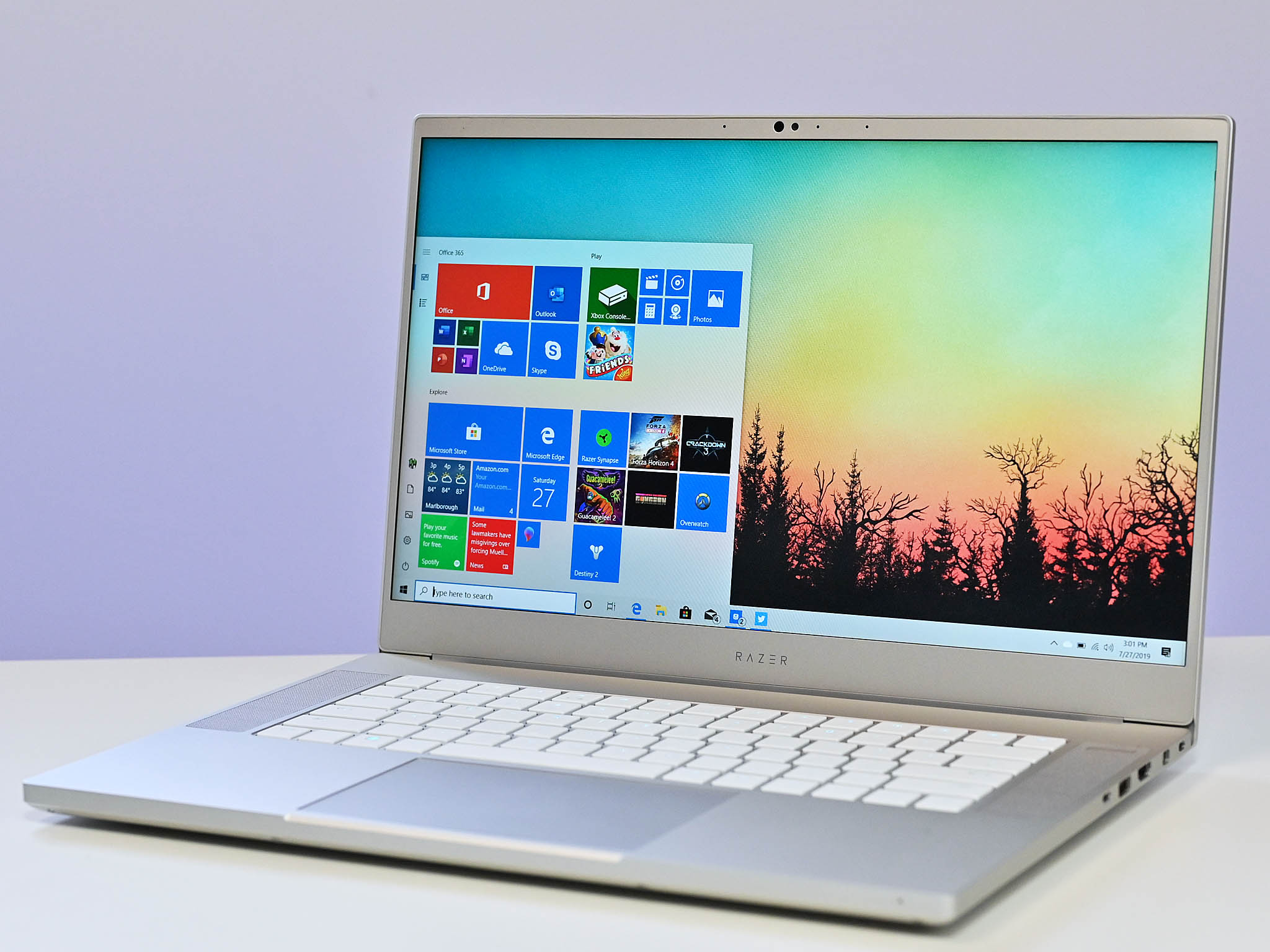Surface Book 3 vs Razer Blade 15: Which is a better buy?


King of versatility
The Surface Book 3 packs 10th Gen Intel processors, can be kitted out with NVIDIA GPUs, has faster RAM and storage than its predecessor, and even has Wi-Fi 6. the battery life is also pretty solid. Unless you're a gamer, it's probably the one you want.
For
- 10th Gen Intel Core "Ice Lake" CPUs
- Wi-Fi 6
- Dedicated GPU options
- More versatile
- Touch display with inking
Against
- Lower power GPU options

For gamers
The Razer Blade 15 has been our top gaming laptop since it arrived, and that has been strengthened by the latest refresh. This is an incredible piece of hardware and now has multiple options, including more affordable choices for gaming on the go.
For
- NVIDIA RTX GPUs
- High refresh rate or OLED display options
- 6-core or 8-core processors
- Slim chassis
- Plenty of ports
Against
- Lesser battery life
- No inking features
There is some degree of crossover between these two laptops, both among our picks for best laptops, which can make choosing a bit more difficult. Both are capable of gaming, both can be used by folks such as photographers and videographers, and both look just fine sitting around the meeting room table. But ultimately, your primary purpose for the laptop is going to be where you make the decision. If you're a gamer, you'll probably go with the Razer Blade, if you're not, the Surface Book 3 is the more attractive choice.
Surface Book 3 vs. Razer Blade 15 Tech specs
| Header Cell - Column 0 | Surface Book 3 | Razer Blade 15 |
|---|---|---|
| Processor | 10th Gen Intel i5-1035G710th Gen Intel Core i7-1065G7 | Intel Core i7-10750HIntel Core i7-10875H |
| RAM | 8GB LPDDR4x16GB LPDDR4x32GB LPDDR4x | 16GB dual-channel DDR4-2933MHz |
| Storage | 256GB512GB1TB2TB | 256GB PCIe SSD512GB PCIe SSD1TB PCIe SSD |
| Display size | 13.5 inches15 inchesTouch | 15 inchesTouch or Non-touch |
| Display resolution | 3000x2000 (267 PPI)3240x2160 (260 PPI) | 1920x1080 Full HD 144Hz/300Hz (non-touch)4K OLED 100% DCI-P3 (touch) |
| Graphics | Intel Iris PlusGeForce GTX 1650 (Max-Q)GeForce GTX 1660 Ti (Max-Q)NVIDIA Quadro RTX 3000 | NVIDIA GTX 1660 TiNVIDIA RTX 2060NVIDIA RTX 2070NVIDIA RTX 2070 SuperNVIDIA RTX 2080 Super |
| Ports | Two USB Type-A 3.1 (Gen1)One USB Type-C w/ video, power in/out and USB 3.1 (Gen1) dataFull-size SDXC card reader (UHS-II)Headphone jack (3.5mm)Two Surface Connect ports (1 in tablet, 1 in keyboard base) | 3x USB 3.2USB-C 3.2Thunderbolt 3HDMI 2.0b3.5mm audio |
| Biometrics | IR camera | None |
| Battery | 70Wh (13.5-inch), 80Wh (15-inch) | 65 Wh/80Wh |
The versatile Surface Book 3
The Surface family has always been genre-defining, and the Surface Book 3, while not reinventing anything, has finally cracked this form factor. What makes it so difficult to perfect is that most of the hardware has to live in the tablet portion, but the latest is the best yet.
If you use it as a tablet, it's basically a Surface Pro. A gorgeous touch display with inking support, a sleek body, and all-metal construction. It doesn't have a kickstand, but that's where the laptop base comes in.
But you can use the Surface Book 3 in all of the ways you can use the Surface Pro 7; it's just a little more of everything. Dedicated graphics options, a proper keyboard, and the option of a 15-inch display. On sheer horsepower, it doesn't top out quite as high as the Razer Blade 15, but it's no slouch and certainly on par in some areas.
There is some crossover in the type of person who might want to use either of these laptops, but the Surface Book 3 is certainly the more versatile and better suited to the professional world or the student. The inking alone is a killer feature. Students can use it to take notes, you can annotate PDFs, or get creative and do some digital artistry. There are so many possibilities.
Do you want to game?

If you're considering the Razer Blade 15 at all, then there's a strong chance it's because you're want to do some PC gaming. While there are some differences in performance away from gaming, those are easier to compromise than if you want a top tier gaming experience.
The Surface Book 3 has an option for an NVIDIA GTX 1650, GTX 1660 Ti, or a Quadro RTX 3000 GPU, all of which are reasonably competent for laptop gaming. It's by no means an absolute beast, but it's capable of playing new titles at reasonable frame rates with only a few sacrifices when it comes to graphics. The Quadro is a workstation GPU, though, and while it can game, it's not its desired purpose.
Get the Windows Central Newsletter
All the latest news, reviews, and guides for Windows and Xbox diehards.
Perhaps more importantly for the Surface Book 3 buyer is that it offers excellent performance for tasks such as video editing, graphics work, and rendering.
The Blade 15, on the other hand, has a range of gaming-focused GPUs up to the insane RTX 2080 Super. Not only this, but it has high refresh rate displays for that high FPS gaming and makes our cut for the best graphics cards available.
Ultimately the Blade 15 is designed to be a gaming laptop that can also do professional tasks. The Surface Book 3 is intended to be a professional laptop but one that can game a little if you wish.
Brilliant choice for everyone
These two laptops aren't targeted at the same kind of person, but there is some crossover in who might want each of them. The Surface Book 3 is probably the right choice for non-gamers, while still providing enough opportunity to game if you decide you want to at some point. The display with inking support is still a killer feature, and this laptop combines power and versatility like no other.

The king of versatility
You get more rounded performance from the Surface Book 2 thanks to a dedicated GPU, and it's available with a larger 15-inch display. It's the right pick for power users, especially if you're interested in a better gaming experience.
The killer gaming laptop
If gaming comes as a top priority, it's worth your time getting the Razer Blade 15. It's been our top choice for gaming laptops now for some time. You get absolute performance, that high refresh rate display, and a laptop that you can still easily take to work or on the road. The more powerful versions can get pricey, but the options are there, depending on how you want to game.

Richard Devine is a Managing Editor at Windows Central with over a decade of experience. A former Project Manager and long-term tech addict, he joined Mobile Nations in 2011 and has been found on Android Central and iMore as well as Windows Central. Currently, you'll find him steering the site's coverage of all manner of PC hardware and reviews. Find him on Mastodon at mstdn.social/@richdevine
